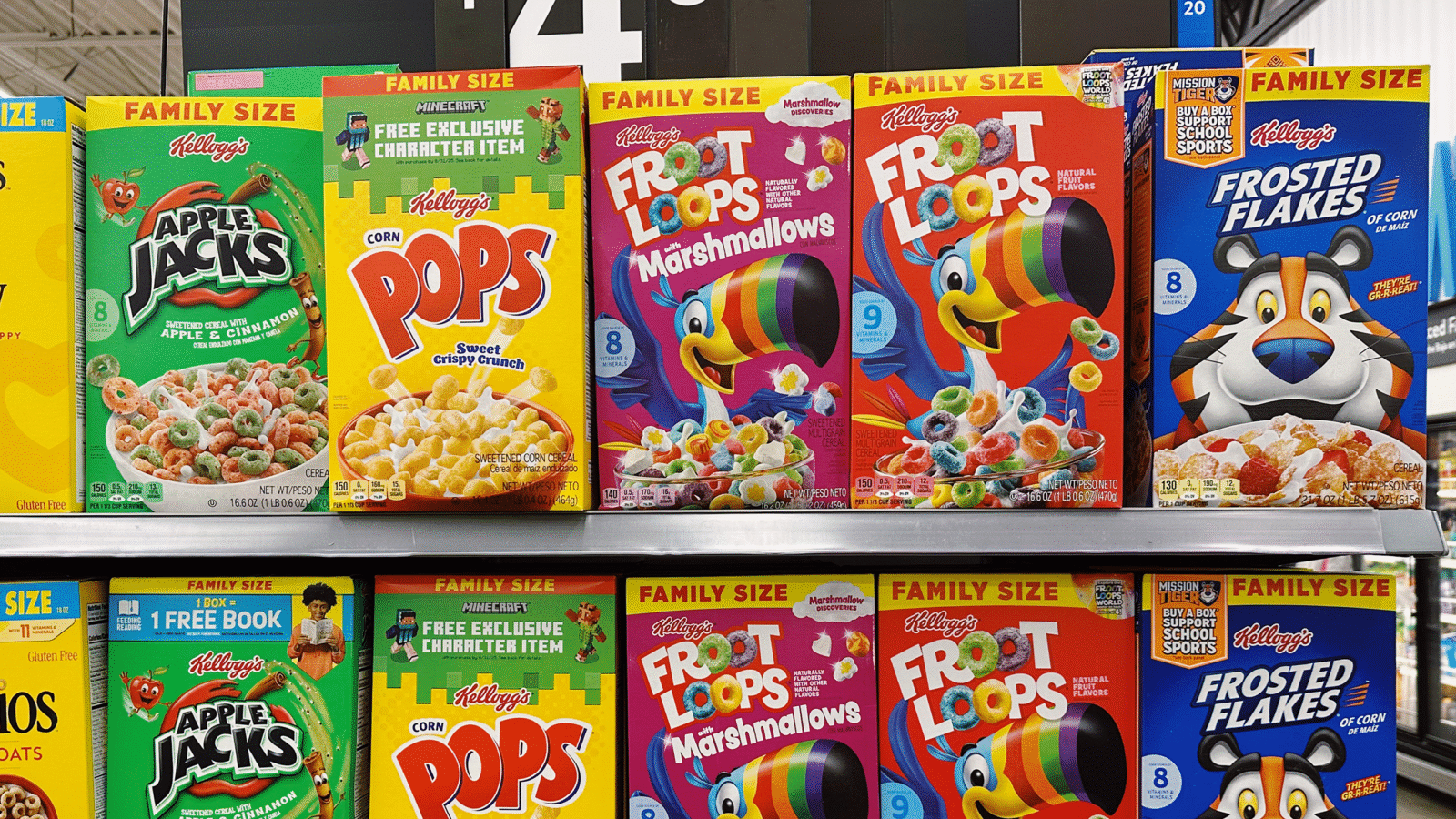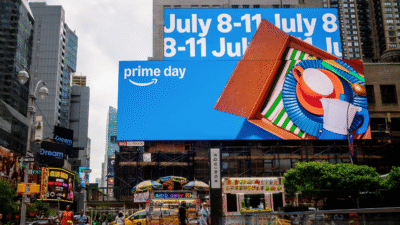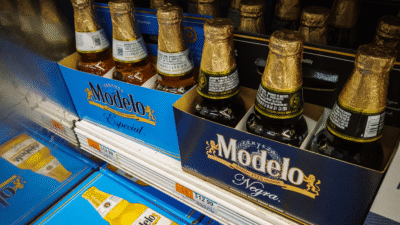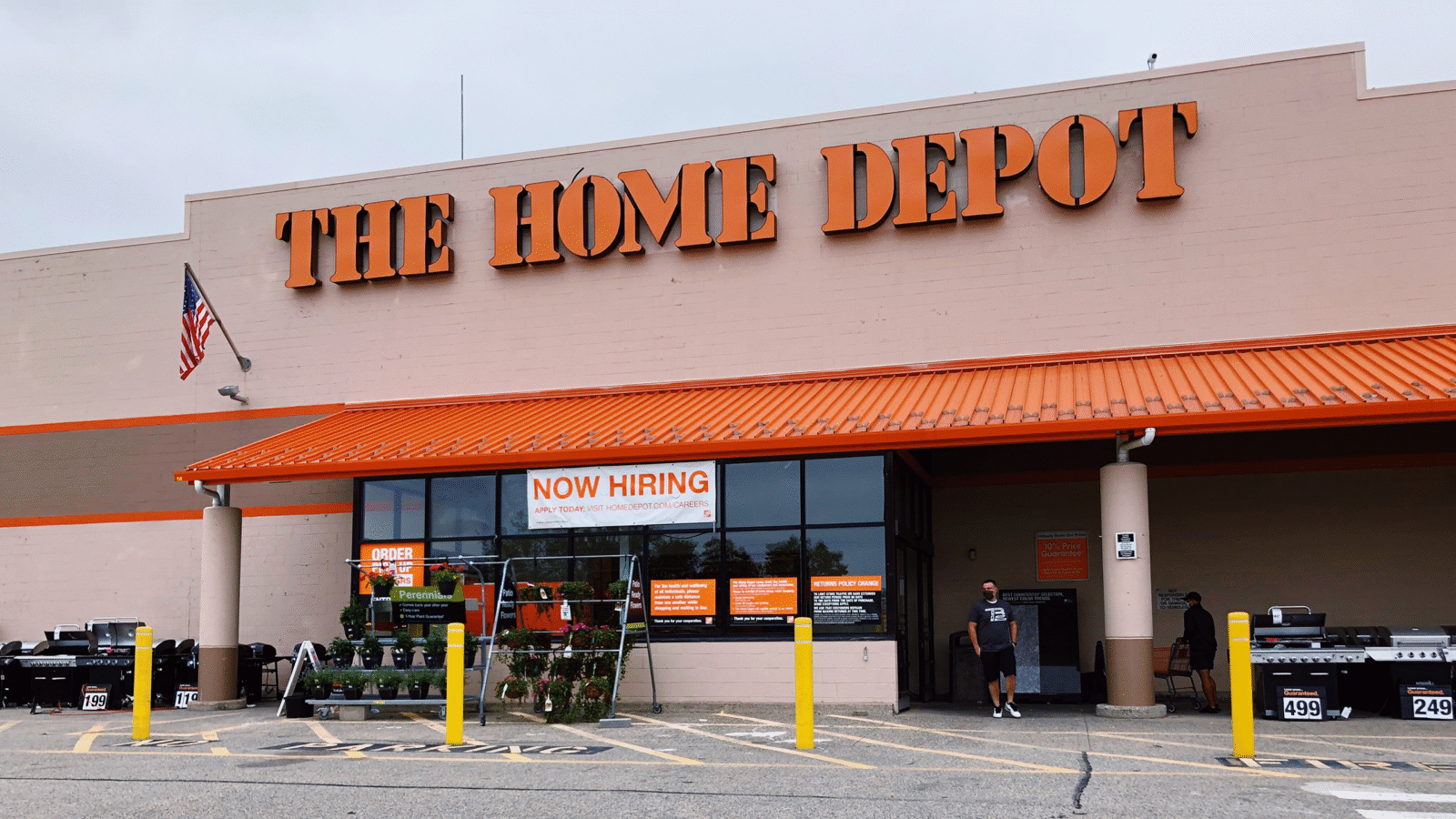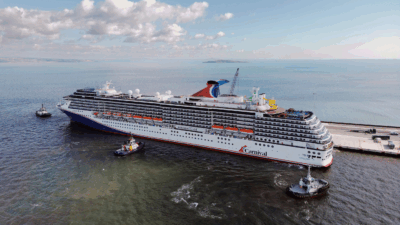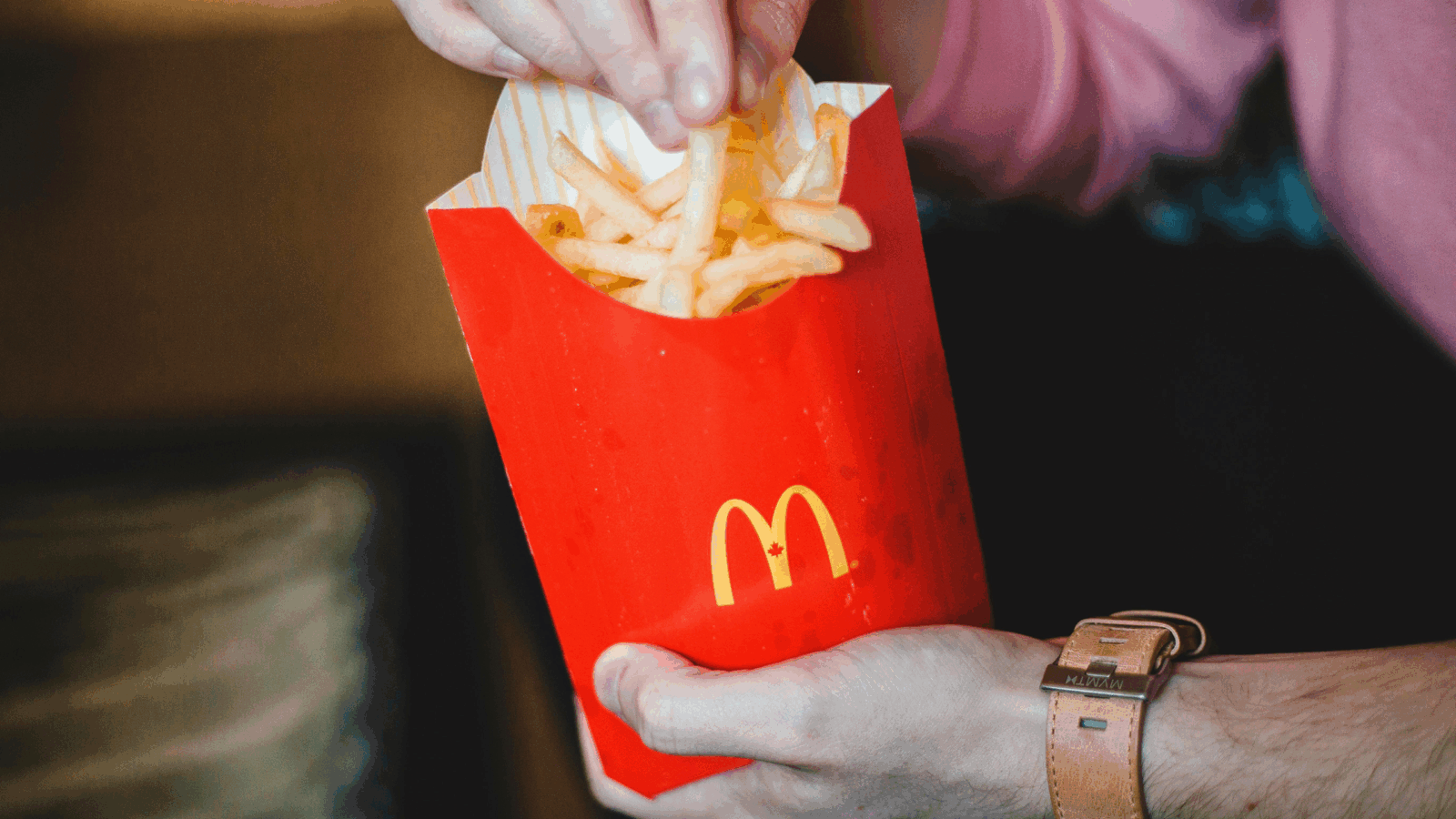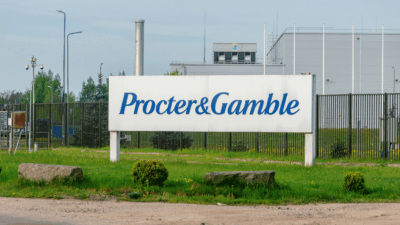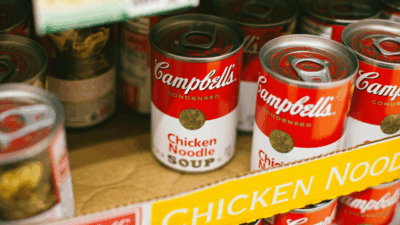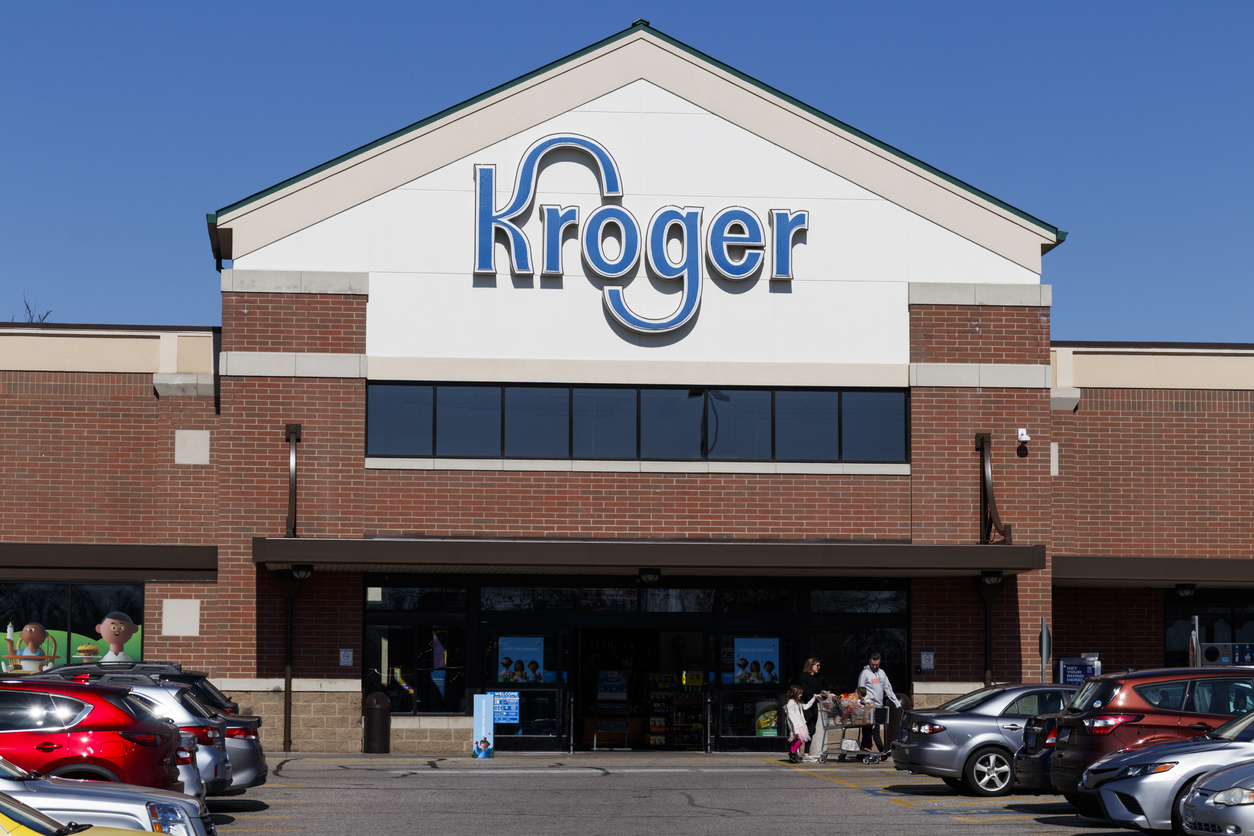
Sign up for smart news, insights, and analysis on the biggest financial stories of the day.
Get ready for the ultimate supermarket two-for-one special.
Rival chains Kroger and Albertsons are in discussions over a potential merger, sources told Bloomberg on Thursday, and a deal could be announced as soon as this week. The two largest grocery chains in America teaming up would create a supermarket superpower.
Safeway and Sound
Both companies have endured a few mergers and acquisitions in recent years, collecting small regional chains like cereal Box Top tabs. The 139-year-old Kroger, America’s largest true supermarket chain (i.e., not all-in-one box stores or e-commerce operations Walmart, Amazon, or Costco), has loaded its shopping cart with the likes of Ralphs, Mariano’s, Food 4 Less, and Fred Meyer. Albertsons, meanwhile, has long owned chains like Acme and Jewel-Osco, and in 2015 completed a $9.2 billion merger with Safeway, adding the Vons and Pavilions names under its umbrella. Albertsons did strike out on a planned merger with Rite Aid in 2018, a deal that was supposed to help take the company public. It eventually hit the New York Stock Exchange in 2020.
With market values of $33 billion and $14 billion, respectively, a team-up between Kroger and Albertsons would create one of the largest employers in the country and a grocery Deathstar. In potentially good news for coupon clippers, the combined supermarkets could achieve new efficiencies — and compete with corporate retail titans in an era of high inflation:
- Kroger operates over 2,700 grocery stores in the US, and pulled almost $138 billion in sales in the fiscal year 2021, while Albertson’s 2,300 locations generated almost $72 billion in sales. Combined, that would place it ahead of Walmart’s 4,600 US locations, while both Target and Stop & Shop parent company Ahold Delhaize owns about 2,000 and Publix operates around 1,300.
- Inflation’s been a pain for consumers, but a boon for grocers — who are quite happy to pass on costs to customers. US consumers have so far weathered rising prices, and, when they switch from old familiars to cheaper alternatives, it’s often to grocery store’s non-name brand products.
Not-So-Express Line: The companies are likely to divest or close overlapping locations, sources told The Wall Street Journal — if for no reason than to avoid regulatory scrutiny. Big deals in the food sector have long been tricky, even before the current administration empowered the FTC. In 2015, regulators halted a proposed merger between food-service distributors Sysco Corp. and US Foods Inc. However, Amazon’s acquisition of Whole Foods did pass muster back in 2017, so perhaps extra scrutiny is applied only on a 9-figures-in-your-market-cap-or-less basis.
